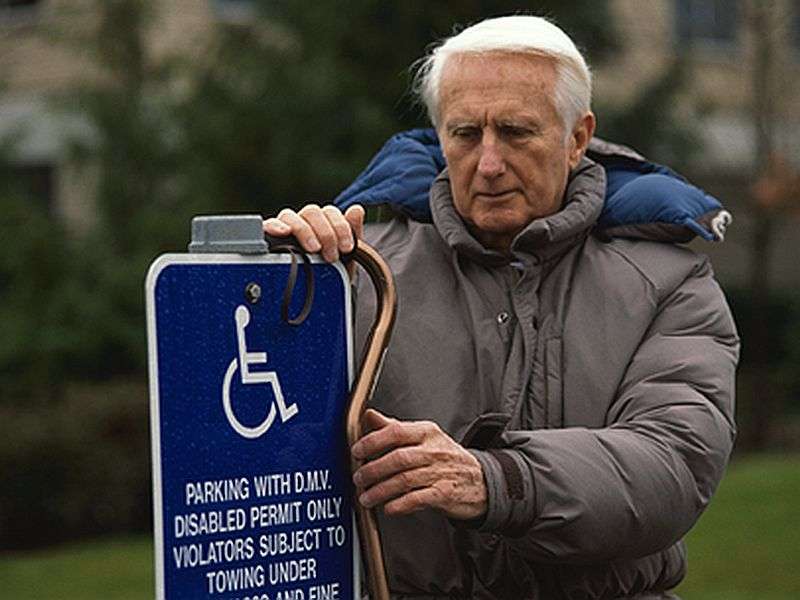Seniors need to take extra care in the cold

(HealthDay)—Seniors are especially vulnerable to hypothermia during cold weather because their body's response to the cold can be affected by age, medication or medical condition.
Signs of hypothermia—a core body temperature below 95 degrees Fahrenheit—include slowed or slurred speech, confusion or sleepiness, shivering or stiffness in the arms and legs, slow reactions or poor control over body movements and a weak pulse, according to the U.S. National Institute on Aging (NIA).
If you believe you or someone else may have hypothermia, call 911.
When going outside in cold weather, seniors should wear a hat, scarf, gloves or mittens to prevent the loss of body heat. Wearing several layers of loose clothing helps trap warm air between the layers, the NIA said.
Seniors should also let someone know when they're going outdoors and carry a fully charged cellphone.
It's also important to keep your home warm. For older people, the temperature should be set to at least 68 degrees Fahrenheit, some experts suggest. Paying for heat can be tough for some seniors, but state and local governments may be able to help. Call the National Energy Assistance Referral project at 866-674-6327 to find assistance in the United States.
Other ways to stay warm at home include: having long underwear on under your clothes; wearing socks and slippers; wearing a hat or cap; and covering your legs and shoulders with an afghan or blanket.
Elderly people should also check with their doctor to find out if any prescription or over-the-counter medications they are taking may increase the risk of hypothermia, the NIA said.
More information: For more on seniors and cold weather, go to HealthInAging.org.
Copyright © 2016 HealthDay. All rights reserved.


















